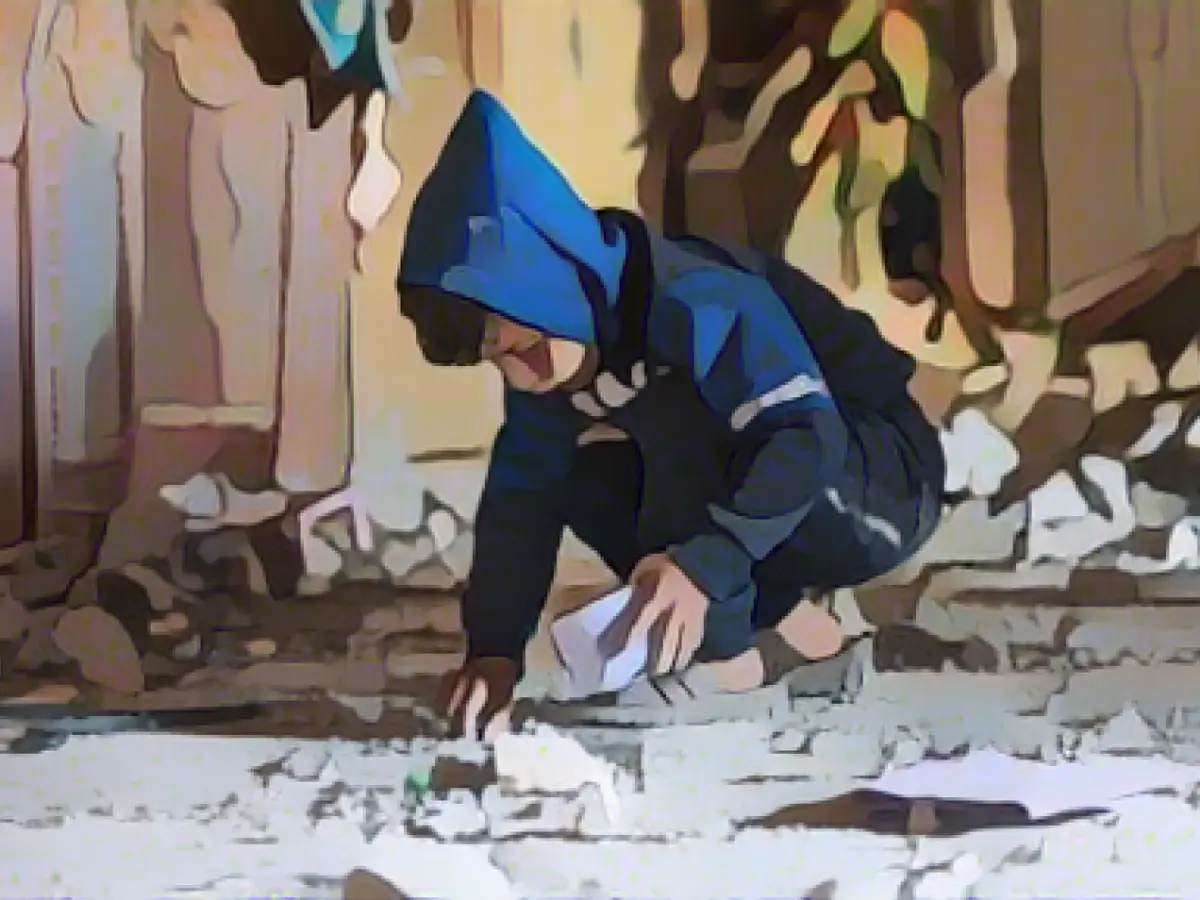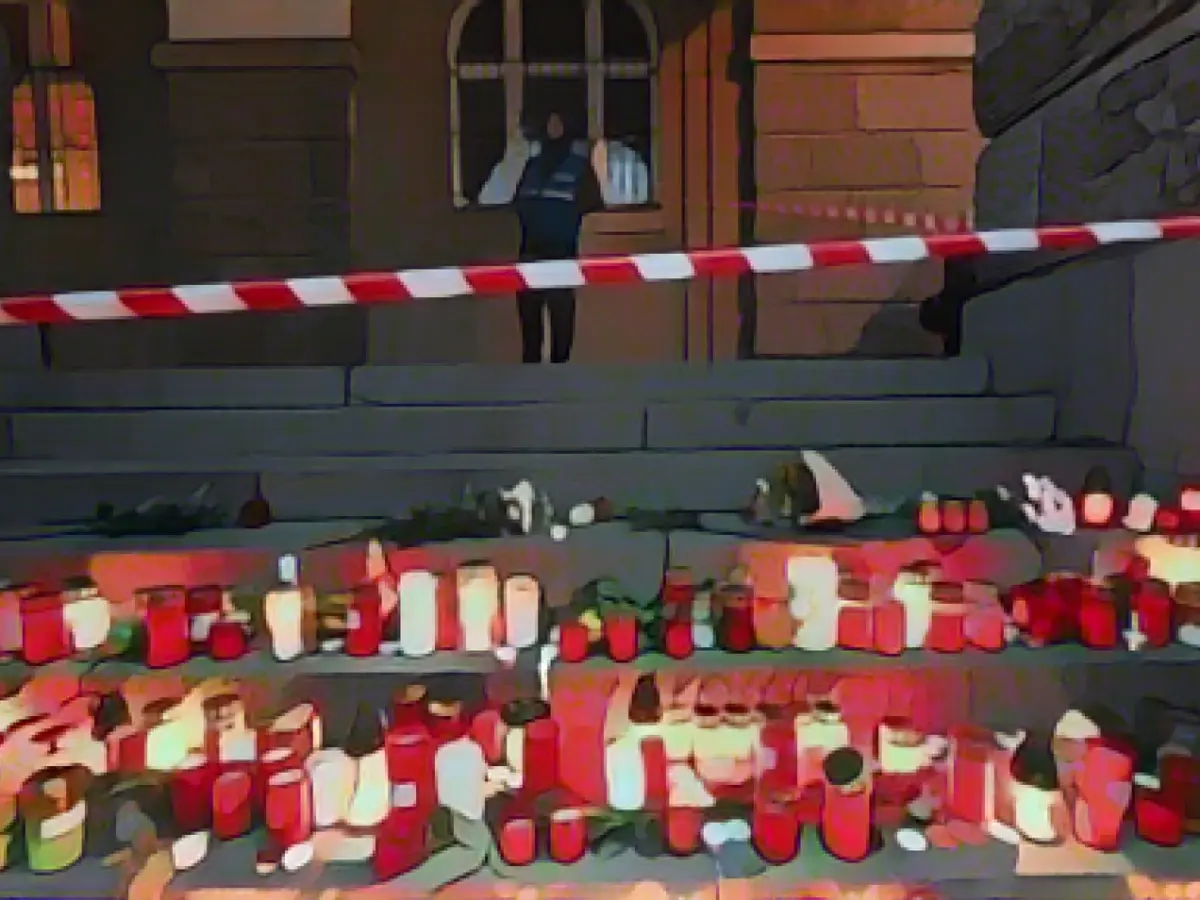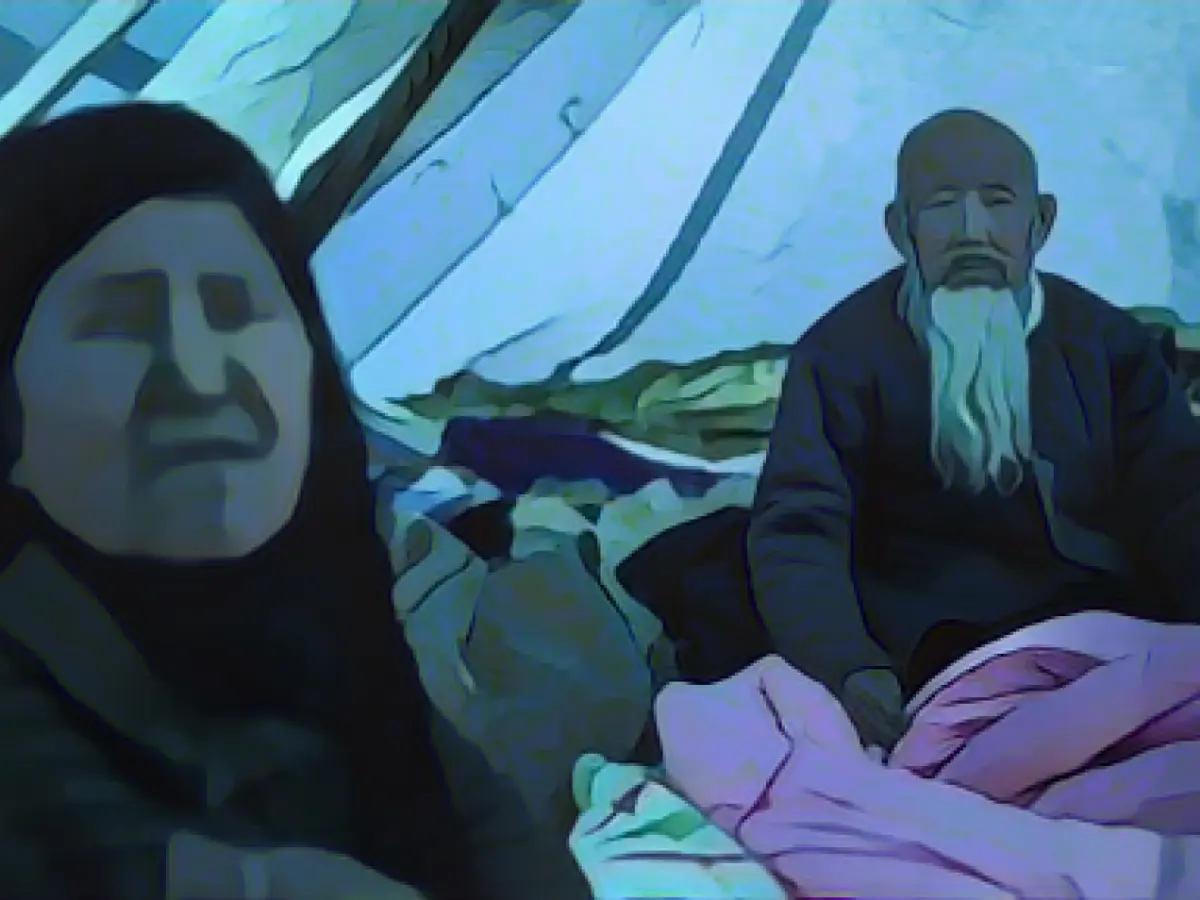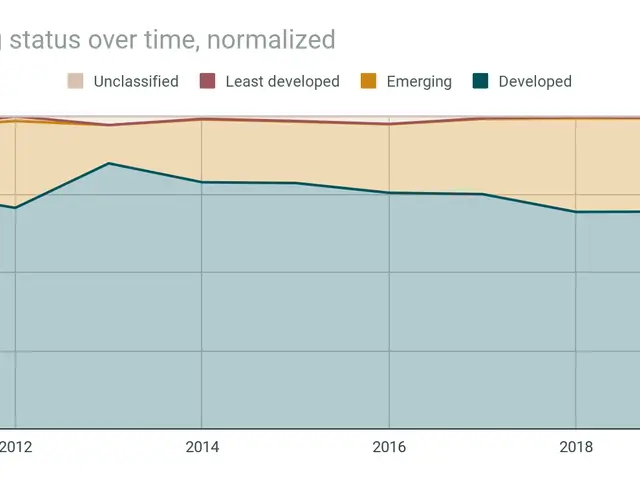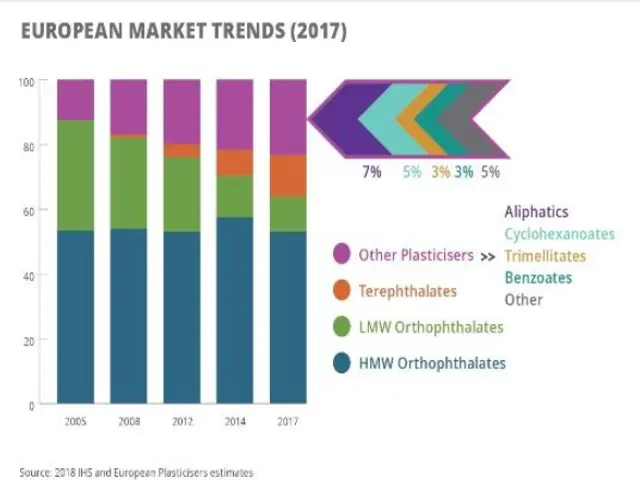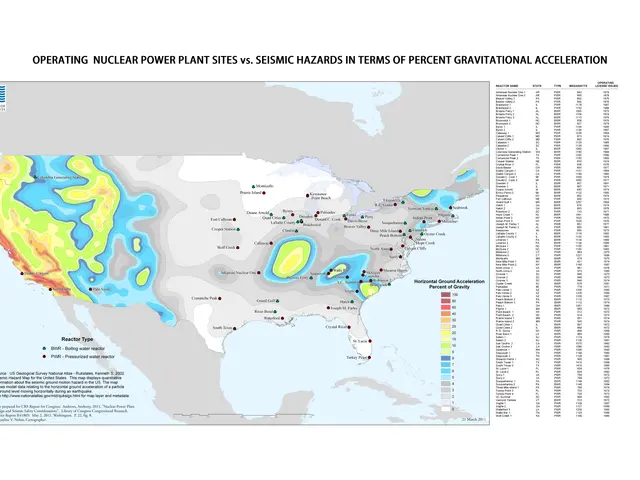Title: Urgent Crisis in Gaza: UN Warns of Famine as Conflict Rages On
"For weeks we've been sounding the alarm—each passing day brings more hunger, disease, and despair for the people of Gaza," wrote Martin Griffiths, the UN's Emergency Relief Coordinator, on social media this week. The warning comes as the long-lasting conflict between Israel and Hamas rages on, leaving the Gaza Strip in shambles and millions of its citizens in dire straits.
The UN estimates that nearly 2 million of the 2.4 million people living in the Gaza Strip have become internally displaced due to the ongoing conflict. Their homes destroyed, they are now without food, water, fuel, and essential medical supplies.
As if the situation wasn't grim enough, only nine of Gaza's 36 hospitals are still operational according to the World Health Organization (WHO). The deadly combination of hunger and disease could result in even more deaths in the coastal region.
The German Foreign Office has been urging Israel to allow better access for aid deliveries, adapt its military strategy, and grant humanitarian pauses. Speaking on the matter, the ministry warned, "Hunger fuels terror."
Faced with pressure, Israel did open a second border crossing, Kerem Shalom, this week. However, aid convoys have been interrupted as the crossing was attacked, leading to a temporary halt in aid deliveries, as reported by Hamas.
The conflict that escalated after Hamas' terrorist attack on 7 October has left a devastating trail of destruction. Israel launched a military offensive in retaliation, leading to thousands of casualties on both sides.
The fighting has continued to rage on this past Friday, with civilian clashes reported between Israeli soldiers and Hamas fighters.
Meanwhile, the UN Security Council strived to pass a resolution aimed at addressing the worsening situation in the Gaza Strip. After intense negotiations to avoid a U.S. veto, the draft resolution now focuses on promoting safe and unhindered humanitarian aid access to the Strip, but no longer calls for an immediate ceasefire.
The U.S. ambassador to the UN stated that the revised resolution might find their support. Russian President Vladimir Putin has also engaged in dialogue with Palestinian President Mahmoud Abbas, appeasing the need for an end to the violence in the Gaza Strip while pledging continued aid, including medical supplies.
The WHO has alerted the international community to the severe health risks posed by the ongoing conflict and humanitarian crisis. For instance, with no guarantees of proper sanitation, infectious diseases such as cholera and other waterborne diseases might spread rapidly.
In such a grim context, international aid organizations and the UN have been working tirelessly to provide relief, including food, shelter, and emergency medical supplies. However, the work is far from over. With rising tensions, people in the Gaza Strip are in desperate need of lasting peace and humanitarian solutions.
Enrichment insights:
Despite these efforts, the humanitarian situation in the Gaza Strip remains critical. Over 1 million Palestinians have been forced to evacuate Rafah since late May, and over 570,000 have returned to the north after the ceasefire only to find themselves facing dire conditions with no housing, clean water, or basic services.
The U.S., European Commission, UNICEF, and the Palestine Red Crescent Society are among the organizations working diligently to alleviate the suffering and provide essential aid. However, the conflict's escalation and ongoing challenges make sustainable solutions a daunting task.
[1]: [2]: [3]: [4]: [5]:
[Statistics on access to sanitation in the West Bank and Gaza Strip from the Palestinian Central Bureau of Statistics](https://
